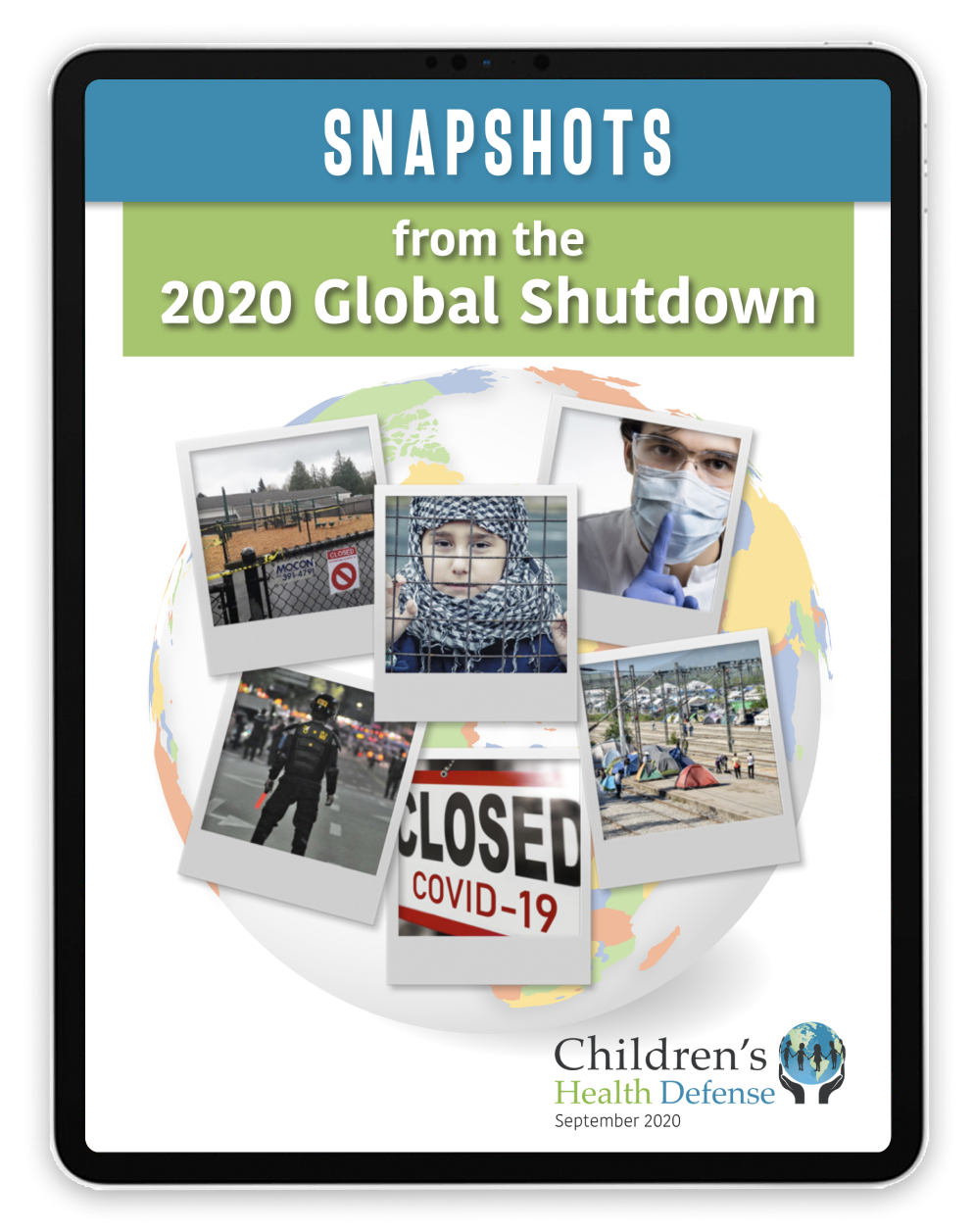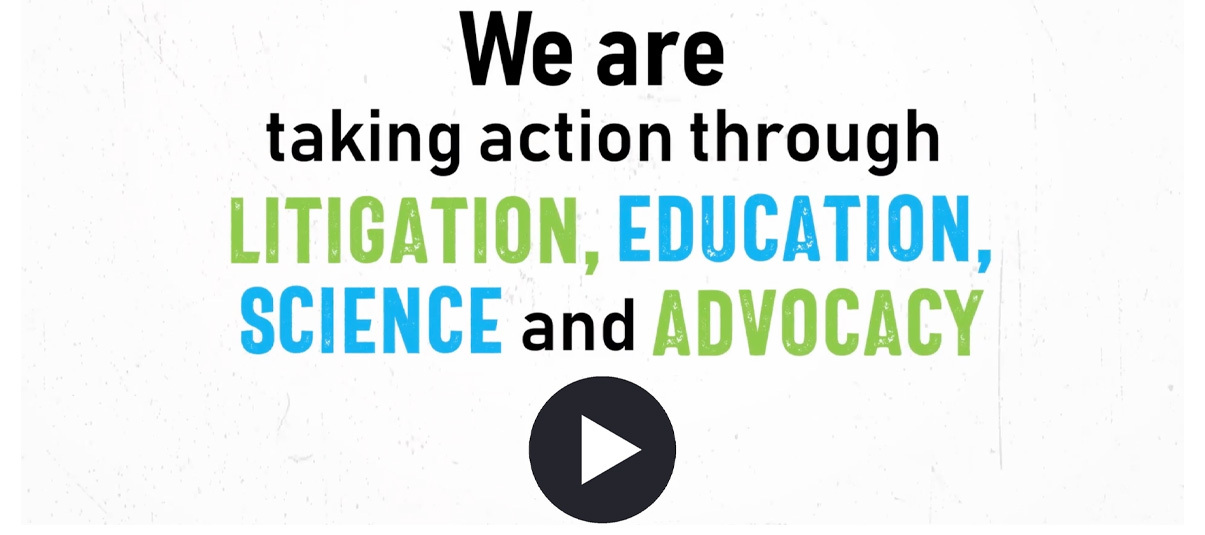
Snapshots from the 2020 Global Shutdown
With an introduction with Robert F. Kennedy Jr., Snapshots gives you an important glimpse into COVID-19’s unaccounted impact and a roadmap to the future. The authors, an international group of law students reviewed the legal basis—or lack thereof—for government actions providing a crucial “snapshot in time” in a cross section of countries from mid-March to mid-August 2020.
Sign up now to get your free Special Report:
Overview
A sobering picture
Snapshots from the 2020 Global Shutdown presents a sobering picture of how the world has weathered the coronavirus pandemic. While the disease seems under greater control by September 2020, its collateral consequences—unemployment, economic recession, authoritarian rule, food insecurity, school closures, police brutality, restrictions on movement, censorship, hardships on vulnerable populations—are likely to last for some time.
This report elegantly details government responses to COVID-19 from Kenya to Kyrgyzstan and from China to Canada, such as:
- Hangzhou, Zhejiang province, China introduced “three-color health codes” and mobile health apps that store user’s personal information and track travel history, locations, close contacts, and current health conditions, and generate a green/yellow/red code daily—the three colors correspond to three levels of movement restriction. A green grants free access to public spaces; a yellow requires a 7-day self-quarantine; a red requires a 14-day self-quarantine;
- Ghana is facing a the lack of doctors in rural areas. Most healthcare workers do not want to work in rural areas, leading to health disparities. There is one doctor for every 300 people nationally, whereas, in rural areas, the ratio is one to 26,000;
- Hungary’s minority Roma population lives in disproportionate poverty and has less access to remote learning. For example, on May 12, the Hungarian Supreme Court found that an elementary school in the eastern town of Gyongyospata segregated Roma children and provided them with substandard education.
While it remains premature to catalogue the lessons, the authors of Snapshots have produced a chronicle that can serve as a first draft of this unprecedented history. And this story is far from over.
Children’s Health Defense will never share, sell, or rent your personal information with anyone or any company. Information submitted to us is only available to employees managing this information for purposes of contacting you or sending you emails based on your request for information and to contracted service providers for purposes of providing services relating to our communications with you. Read our privacy policy.
